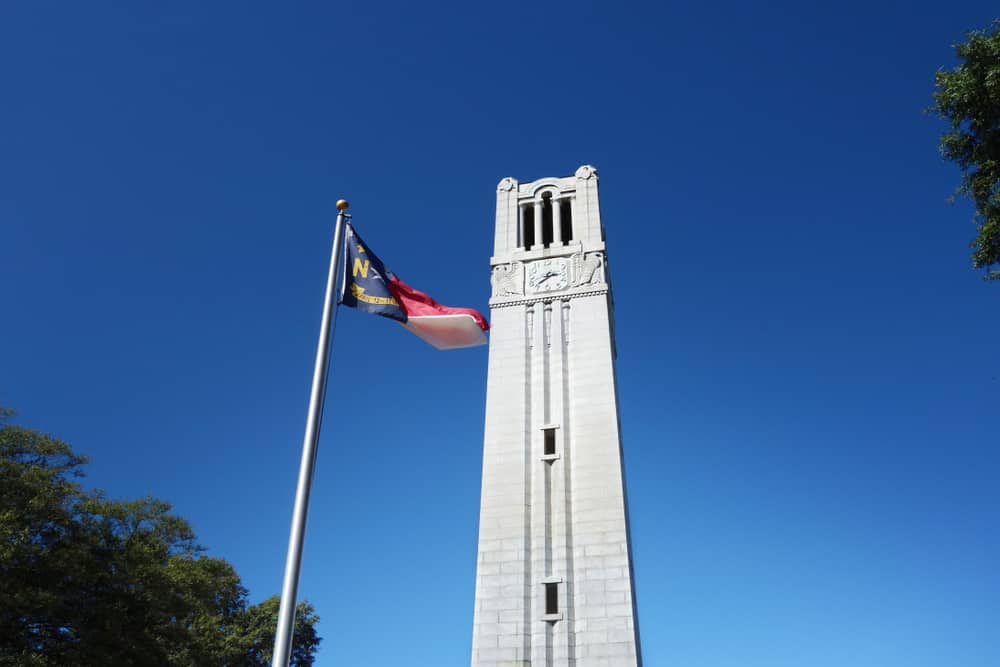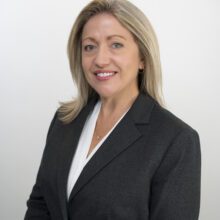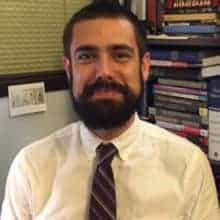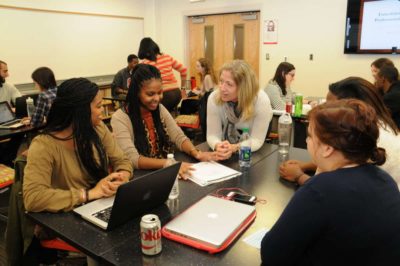It is important to commemorate W. Dallas Herring, whose work led to the constellation of community colleges that drive so much of North Carolina’s economic development. Herring’s democratic view of education — “taking people where they are and carrying them as far as they can go”— is commonly quoted since it captures the mission and vision of community colleges in straightforward terms.
Each year, NC State University hosts the W. Dallas Herring Lecture to honor the life and legacy of Dr. Herring. Thanks to funding from the John M. Belk Endowment, NC State has elevated the lecture into a major annual event in North Carolina. In recent years, nationally-renowned community college leaders have cast bold visions for community colleges moving forward as part of the lecture series:
- creating a strong educational ecosystem with community colleges at the center (Dr. Ken Ender, President, Harper College);
- refocusing on student outcomes beyond graduation, at transfer universities and in the workforce (Josh Wyner, Vice President, The Aspen Institute); and
- renewing our efforts to restore social mobility in America (Dr. Eduardo Padrón, President, Miami Dade College).
This year’s lecture will occur on Wednesday, November 28 (5:30 – 7:00pm) at the Friday Institute for Educational Innovation, located on NC State’s Centennial Campus. Dr. Karen Stout, President/CEO of Achieving the Dream, will present this year’s lecture, “The Urgent Case: Centering Teaching and Learning in the Next Generation of Community College Redesign.” Dr. Stout will present a case for keeping teaching and learning at the center of improvement efforts at community colleges. The lecture is free to attend, and you can register to attend here. Those unable to join in person can watch the livestream below.
Dr. Stout’s lecture comes at a crucial time for community colleges. That teaching and learning are important is well known, but how to measure learning and what constitutes effective teaching are less clear. For years, community colleges have been exploring best practices for teaching and figuring out how to hire teachers likely to provide effective instruction. Faculty want students to learn, but barriers to communication with administrators and confusion around data stifle faculty’s efforts to improve students’ learning.
Earlier this year, the Belk Center for Community College Leadership and Research was launched to help community colleges with issues like teaching and learning. The Belk Center’s mission is to develop current and future community college leaders while conducting actionable research that proposes solutions to pressing issues. Research through the Belk Center will address (among other things) teaching and learning through the lens of equitable student outcomes.
Through the Belk Center, we are committed to working with North Carolina’s community colleges to help develop and support their next generation of executive leadership. This includes expanding our doctoral program in community college leadership, assisting community college presidents and trustees in acquiring the knowledge and skills needed to achieve higher levels of student success at their colleges, and developing our research capacity to support evidence-based decisions for community college leaders.
As Dallas Herring knew quite well, community colleges are tremendous educational assets to the United States. Yet, they benefit significantly when partners at land-grant universities like NC State devote time and resources to helping them further their mission: providing access to diverse economic opportunities through an open door admissions policy. The Dallas Herring Lecture is a clear example of the exciting opportunities that arise when community college practitioners, researchers, and thought leaders come together to consider the path forward for community colleges. NC State and the Belk Center for Community College Leadership and Research are committed to doing all they can to support community colleges in their effort to improve student outcomes.




